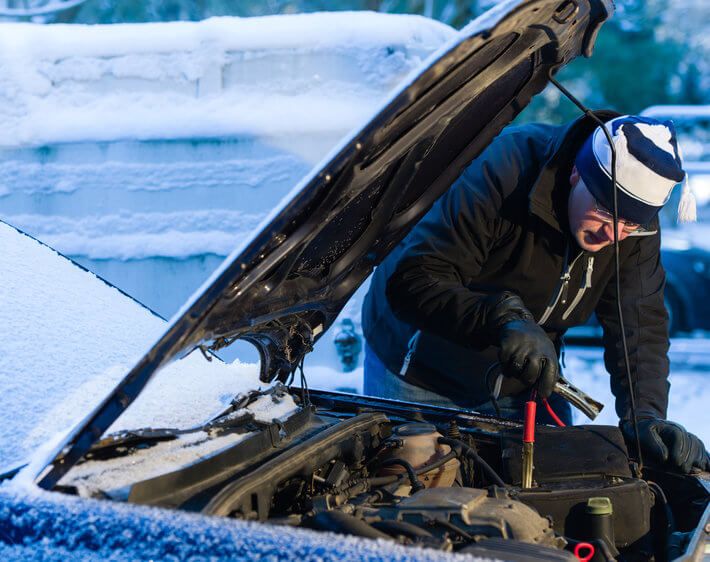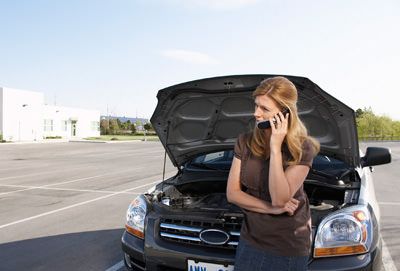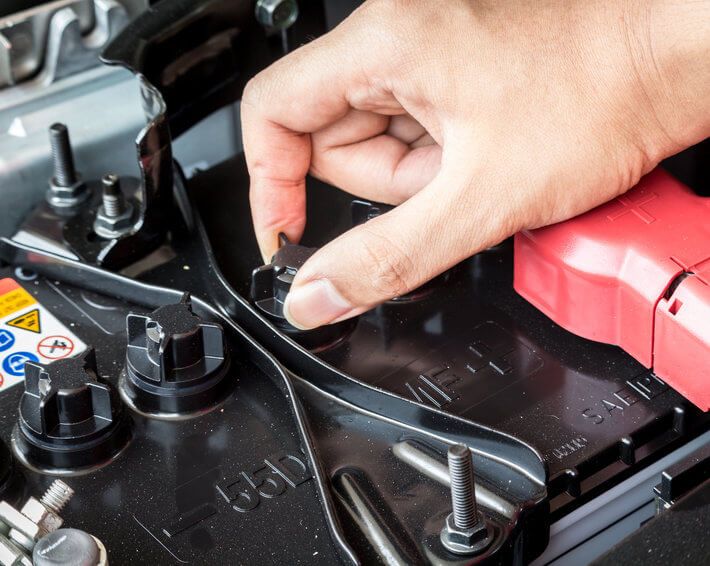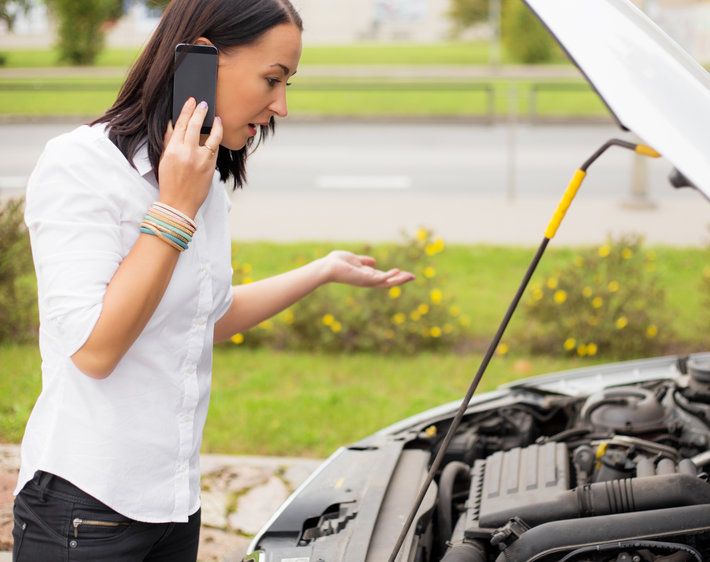Extreme cold can spell disaster for car batteries. Hot summers kick things off by causing important fluid in a battery to evaporate, then winter comes knocking and forces the battery to work harder by slowing down its chemical reactions. Many batteries will survive winter, but others won’t be so lucky. Find out why car batteries fail in the winter so you can get ahead of the cold.
They’re working harder.
Imagine trying to suck molasses through a straw. That’s kind of how your car battery feels in winter weather. Your engine’s oil thickens as temperatures drop. The thicker the oil, the more power your car battery requires to move it to where it needs to be. This can be particularly challenging for batteries three years old or older.
Pro-Tip: Check your battery’s age by looking at its case. Some brands use anumeric date, others use a code with a letter for the month and a number for the year. So “A6” would mean “January 2016” while “H5” would mean “August 2015.”
Avoid this cold weather culprit by making sure your battery has the right CCA number, or “cold cranking amps,” for your climate. This number speaks to the battery’s ability to start an engine during frigid weather. The higher a CCA number, the better it will hold up in cold temperatures. Going with a synthetic motor oil with a higher cold tolerance can also help give your battery a break.
They struggle to warm up.
You learned this one in gym class. Warm muscles contract better than cold muscles, which is why warming up before exercising helps prevent injury. Car batteries aren’t much different!
In the typical lead-acid battery, there’s a chemical reaction that needs to occur in order for the battery to have and hold a charge.
“Just as heat speeds up chemical reactions, cold temperatures slow them down. That’s why you might feel your battery can become sluggish in winter, even though its state of charge may remain unchanged,” notes the National Roads and Motorists Association.
Installing a battery blanket can help nip this cold weather problem in the bud. These low-cost blankets can be purchased for as little as $20 online or at a local auto parts store. Simply plug it in, wrap the blanket around your battery, and enjoy an easy start on a frosty morning! As always, consult your owner’s manual and the battery blanket’s instructions before installing.
Power-hungry features push them over the edge.
Many things tax your car battery life. Don’t ask it to do even more! Turn off your headlights, radio, and heat before starting your car in the cold. It’s also a good idea to limit how many gadgets you ask the car battery to charge while driving.
“Unplug mobile phones, tablets, chargers and other electronic devices when you don’t need them, especially when the car is turned off,” advises AAA’s Jack Reynolds. “While the car battery does not ‘run down’ immediately if a device is being charged while the engine is not running, its capacity over time can decrease from the cumulative effect of multiple devices drawing current from it.” Science, folks.
Don't wind up stranded, late, or just plain annoyed because your battery winds up DOA this winter. Make sure your car battery life is where it needs to be before temperatures get any lower. Stop by your nearest Firestone Complete Auto Care for a free car battery test and take advantage of our current battery specials! Save time by scheduling an appointment online.



